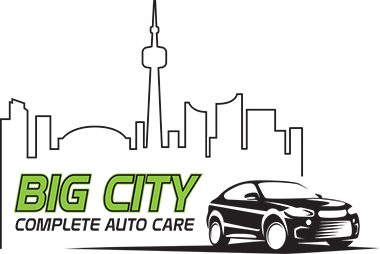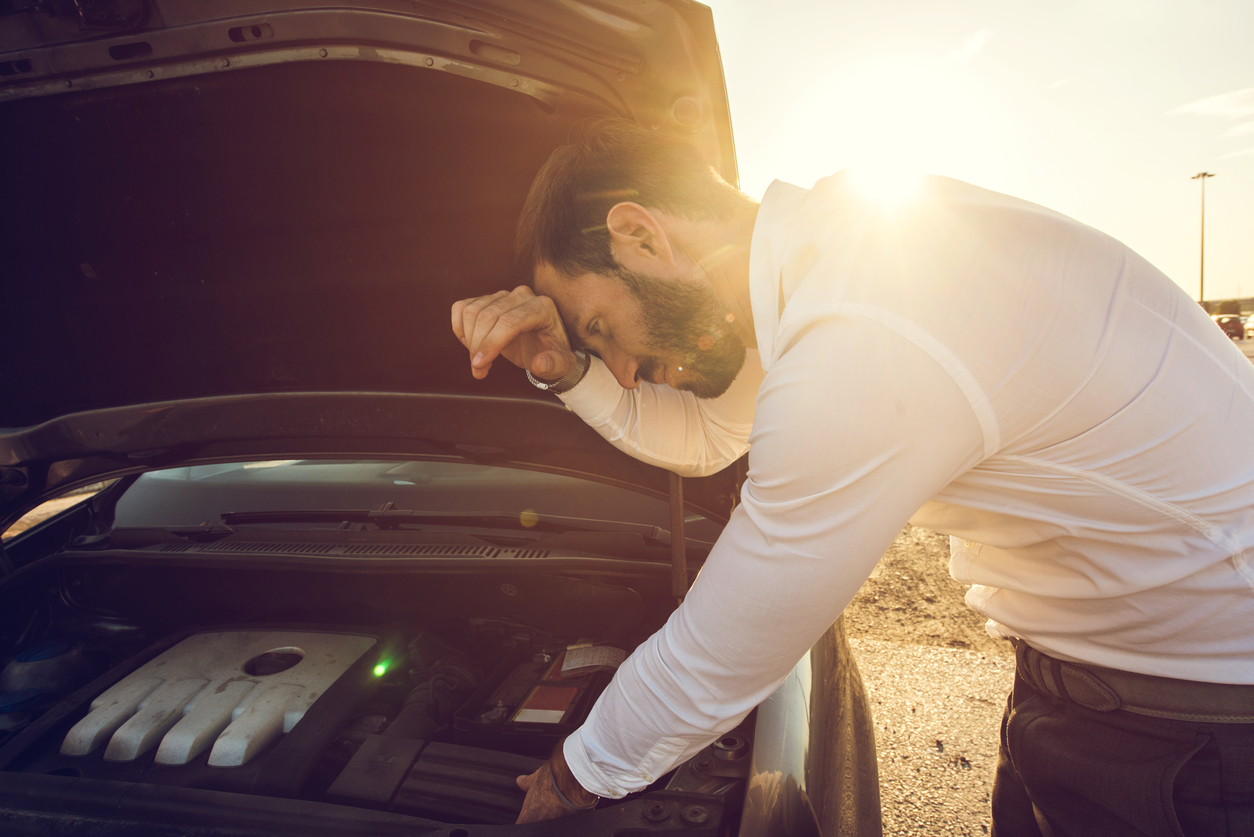Why Isn’t My Car Starting?
In today’s world, vehicles play an integral role in our daily lives, from all the workers who drive or carpool to work every day, to the parent that needs their vehicle to get their child to soccer practice. So, if you turn your car key and nothing happens, this can be a frustrating experience. If your car isn’t starting, consider the following potential issues.
Battery Corrosion
Corrosion can break the connection between your battery and the rest of the car. This can prevent your vehicle from starting. If you suspect that corrosion is the issue, try cleaning your battery posts and then attempt to start the car.
Dead Battery
If the issue is battery-related, and it isn’t a corroded battery than your battery is most likely dead. There are a couple different ways to test if your battery truly is dead. If you own a battery tester or know someone who can lend you there’s, you can the battery to see how weak it is. If you don’t have a battery tester, try jump starting the car. If the engine starts right away, then the battery is likely dead and needs to be replaced.
If jump starting your vehicle does work, drive directly to an auto body shop to have them assess the condition of your current battery and have a new battery installed, should that be necessary.
Bad Ignition Switch
If your battery has been ruled out as the culprit, you may be dealing with a bad ignition switch. If you turn the key to the on position, without starting the car, if the warning lights on your dash don’t light up and you have a clean battery connection, then your ignition switch is bad.
Bad Starter Connection
Your battery isn’t the only vehicle part that can become damaged by corrosion. Your vehicle’s starter can also become ineffective if damaged by corrosion. All electrical components have the potential to be harmed by corrosion.

